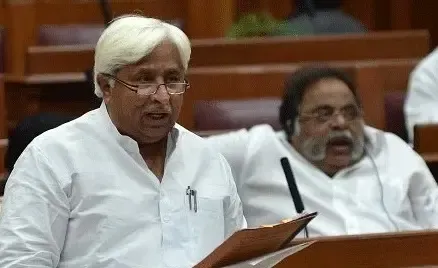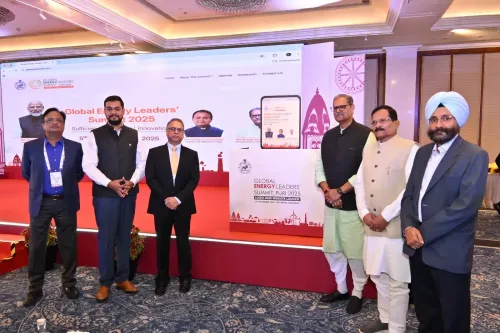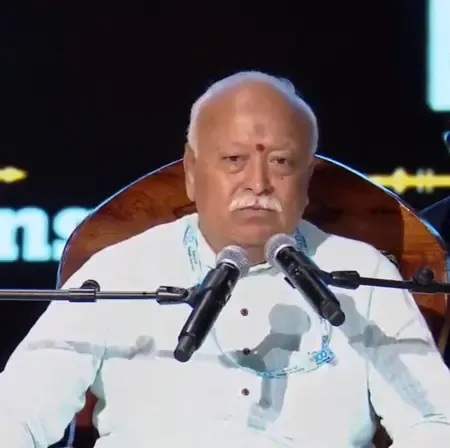Karnataka Government Proposes Muslim Quota Bill to Tackle Unemployment

Synopsis
Key Takeaways
- Four percent quota for Muslims in government tenders.
- Aimed at addressing unemployment.
- Amendment to Section 6 of KTPP Act.
- New reservation limits for SCs, STs, and OBCs.
- Provisions for local bodies included.
Bengaluru, March 18 (NationPress) In the face of opposition, the ruling Congress presented the Karnataka Transparency in Public Procurements Amendment (KTPP) Bill in the state Assembly on Tuesday. This legislation seeks to allocate a four percent quota for Muslims in government tenders.
Minister for Law and Parliamentary Affairs H.K. Patil introduced the bill in the House, asserting that it is aimed at addressing the pressing issue of unemployment.
The Bill also proposes to amend Section 6 of the KTPP Act, raising the threshold for construction works from Rs 1 crore to Rs 2 crore for contractors from the Scheduled Castes and Scheduled Tribes.
Provisions have been incorporated to ensure reservations in government contracts for various local bodies, which include the Bayalu Seeme Area Development Board, Karnataka Gram Swaraj and Panchayat Raj, Gram Panchayats, Taluk Panchayats, Town Municipal Councils, City Municipal Councils, Town Panchayats, and Urban Development Authorities.
The introduction of this Bill is part of the 2025-26 budget proposal aimed at tackling unemployment.
This legislation encourages participation from individuals in Category 2B of the Backward Classes in government construction projects, ensuring that their share does not surpass 4 percent of total projects, with Muslims classified under Category 2B.
Additionally, for procurement of goods and services, a reservation of up to Rs 1 crore has been established for Scheduled Castes (SC), Scheduled Tribes (ST), and Other Backward Classes (OBCs).
Reservations have been allocated as follows: 17.15 percent for SCs, 6.95 percent for STs, 15 percent for Category 2A, and 4 percent for Category 2B (Muslims).
The limit for government construction projects has been increased from Rs 1 crore to Rs 2 crore. Previously, reservations were extended only to SCs and STs, now including Muslims in Category 2B.
The bill also suggests that if tenders are not submitted by individuals from the specified communities, the procurement of goods and services should be opened to other qualified bidders responding to the tender invitations.
After introducing the bill, Minister H.K. Patil remarked that the Congress government is prepared to address questions regarding the Muslim quota during the session. He accused the BJP of engaging in political maneuvering, emphasizing that the Congress aims to cultivate a harmonious Karnataka for all communities. He also stated that there is no appeasement or exclusion of any community.
Karnataka's Chief Minister Siddaramaiah had declared the 4 percent quota for Muslims in the state budget.
The BJP has indicated plans to contest the decision in the Supreme Court, claiming that the Muslim quota initiative threatens national unity and could lead to division within India.
Former Chief Minister and BJP MP Basavaraj Bommai criticized the government, alleging that the 4 percent quota for Category IIB, which exclusively consists of Muslims, is being challenged legally.
The bill's introduction caught the opposition off guard. While the House is expected to discuss and approve the Bill, the BJP has vowed to prevent the implementation of the Muslim quota.









